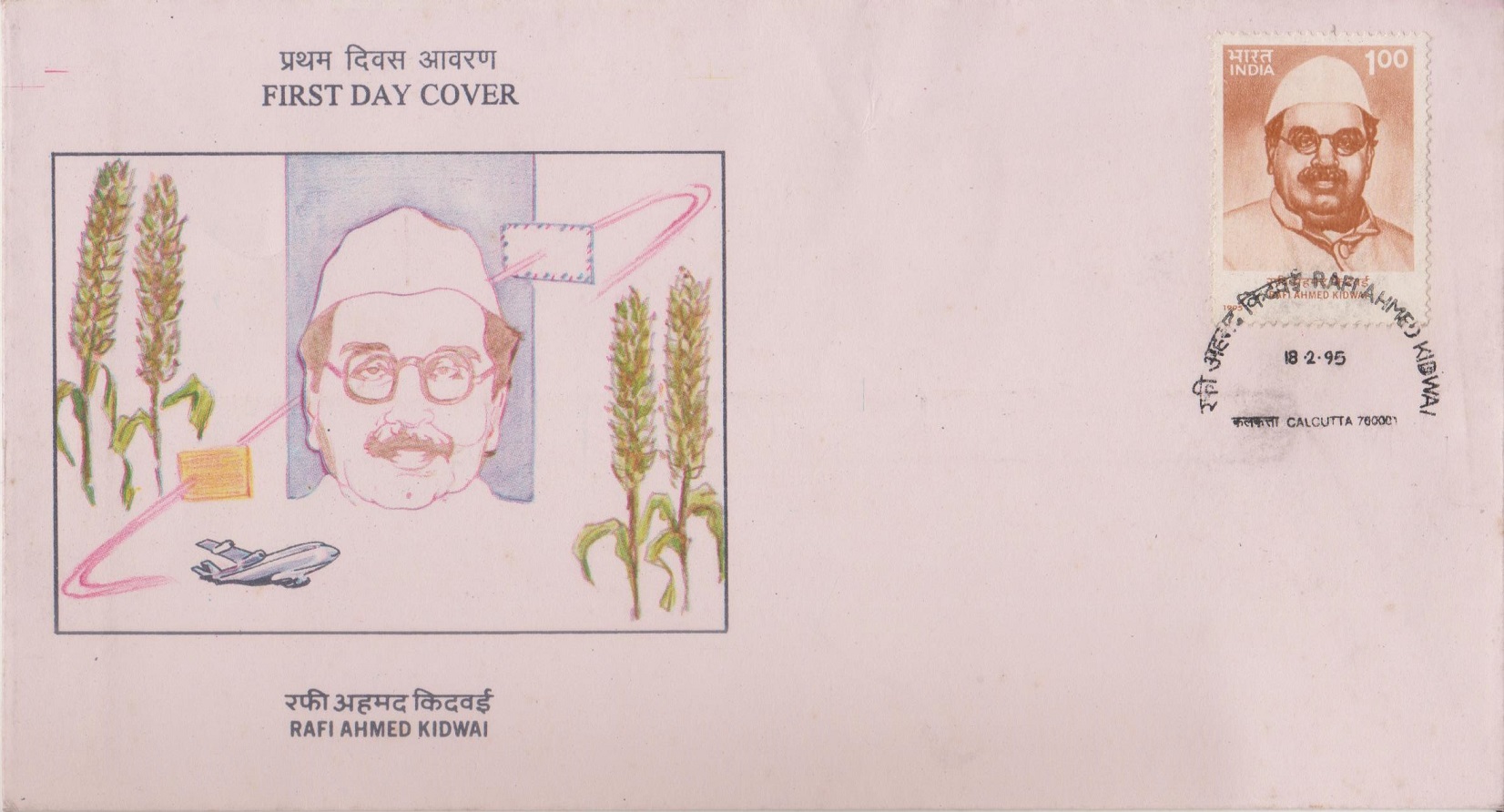
Rafi Ahmed Kidwai 1995
A commemorative postage stamp on the Birth Centenary of Rafi Ahmed Kidwai, India‘s first Minister for Communications :
 Issued by India
Issued by India
Issued on Feb 18, 1995
Issued for : The Department of Posts is privileged to bring out a commemorative postage stamp in his honour.
Credits :
Stamp : ISP, Nasik based on photographs supplied by Parliament Archives.
FDC : Shri Dinesh Banduni
Cancellation : Smt. Alka Sharma
Type : Stamp, Mint Condition
Colour : Single Colour
Denomination : 100 Paise
Overall size : 3.91 x 2.90 Cms.
Printing size : 3.55 x 2.54 Cms.
Perforation : 13 x 13
Paper : Un W/M Adhesive Gravure Coated Stamp Paper
Number of stamps Printed : 0.6 Million
Number per issue sheet : 35
Printing Process : Photogravure
Printer : India Security Press, Nasik
Name : Rafi Ahmed Kidwai
Born on Feb 18, 1894 at Barabanki, North–West Provinces, British India [now in Uttar Pradesh, India]
Died on Oct 24, 1954 at New Delhi, India
About :
- Born on 18th February 1894 in the little village of Masauli, Barabanki, Uttar Pradesh, Shri Rafi Ahmed Kidwai rose to hold positions of immense responsibility in the State and Central Governments. The progress of ‘Rafi Sahib’, as he was affectionately called, was not a path of roses.
- Hailing from a middle class Zamindar family that traced back to the retinue of Mohammad Ghazni, he was groomed and educated by his uncle Vilayat Ali. It was through him that the young Rafi Ahmed was exposed to the Congress and the Muslim League, and to various national leaders. Graduating in 1918, he had the law profession in mind but succumbed to Gandhiji’s spell to join the Non-Cooperation Movement. There was no looking back.
- Jailed time and again for his nationalistic activities, he went from strength to strength. The initial stage of apprenticeship was served as Private Secretary to Motilal Nehru. Election to the Central Legislative Assembly in 1926 was the next step. Recognition for his political capability and maturity came with his appointment as Chief Whip of the Congress Party in the Legislature.
- After 1931 he came into his own, spearheading the Agrarian Movement, which was to remain a life-time’s commitment. As Secretary of the U.P. Congress Committee he organised the no-rent campaign to protect Oudh peasantry against the economic depression of the 30s. Later, in the first Cabinet of U.P. as Minister for Land Revenue, he virtually structured the U.P. Tenancy Act, subsequently enacted, creating conditions for the abolition of the Zamindari system. The second General Election made him Home Minister of U.P. in 1946.
- Independence brought Rafi Sahib to New Delhi as Minister for Communications. He distinguished himself by sponsoring such schemes as night air mail, own your telephone and weekly off for staff. Returning in 1952 he received accolade as the Minister for Food & Agriculture who fed the nation without food aid and external controls.
- A simple, austere man, he was truly secular and open minded in his vision. He believed in mass action and mass programme in the struggle against exploitation, be it social or economic. At his death in 1954 he was found to have bequeathed few worldly possessions, but left behind an immense admiration for a man of courage and commitment.
- Text Courtesy : Shri A.P. Jain (Dictionary of National Biography).


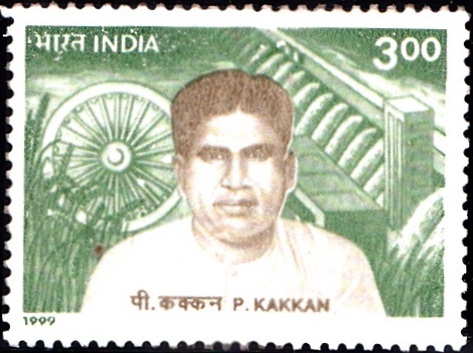
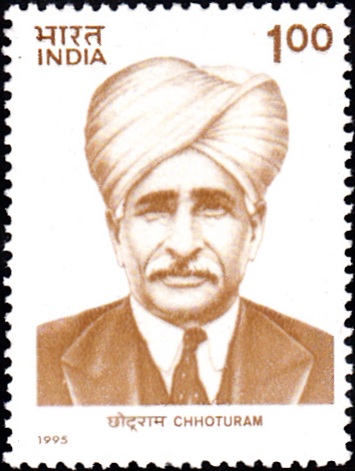
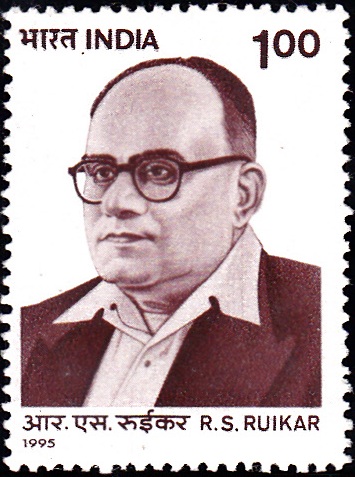
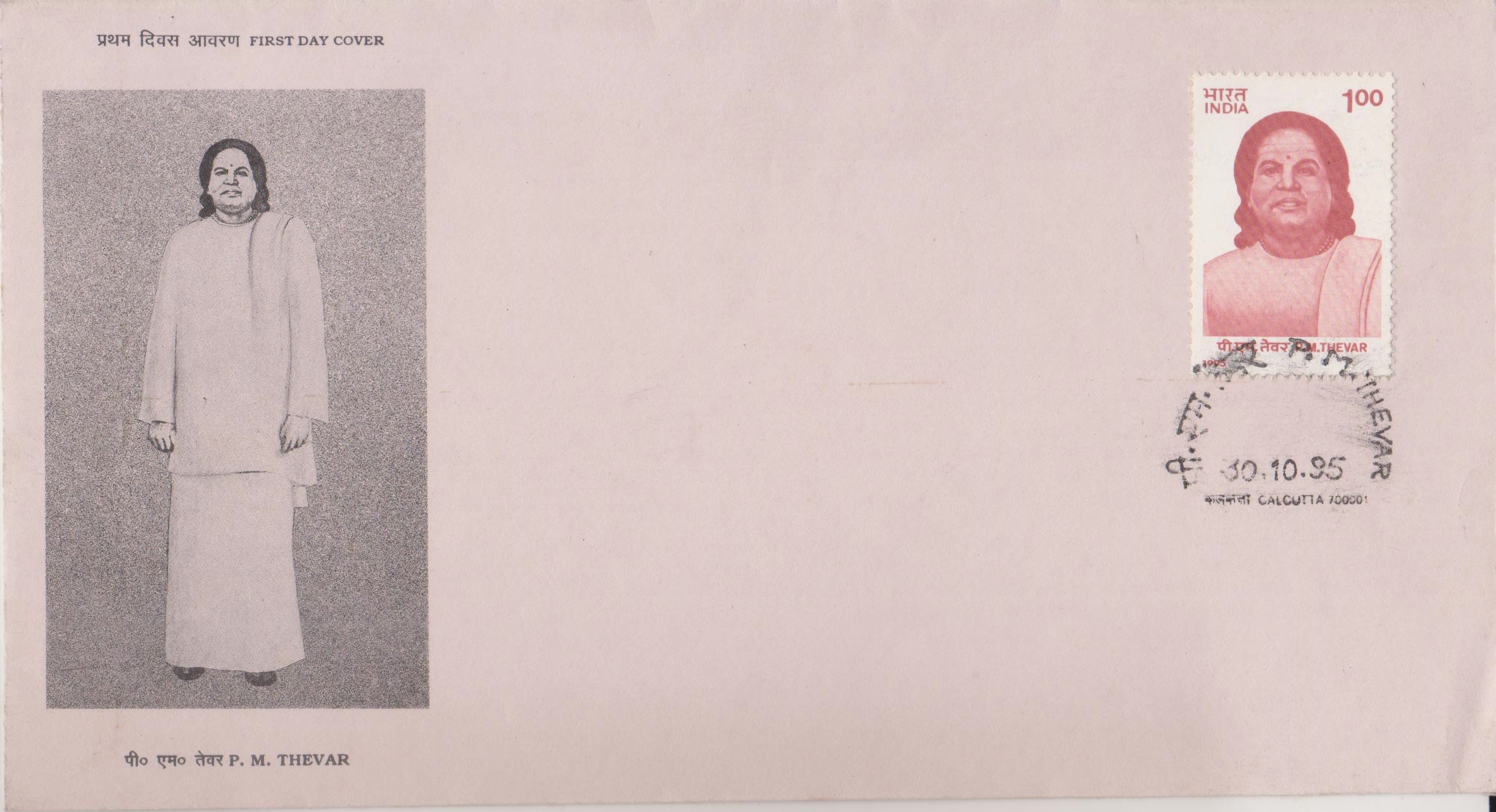

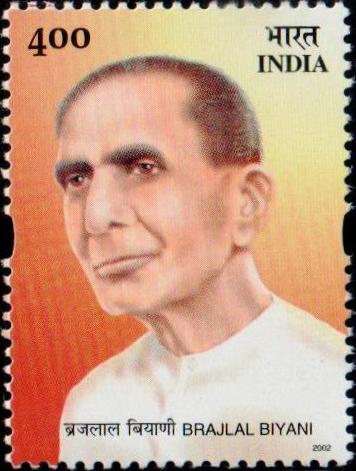
[…] Calcutta, Delhi and Madras through Nagpur in Central India. The architect of this scheme was late Shri Rafi Ahmed Kidwai, then India’s Minister of Communications. The Night Airmail Service on an average carried every […]